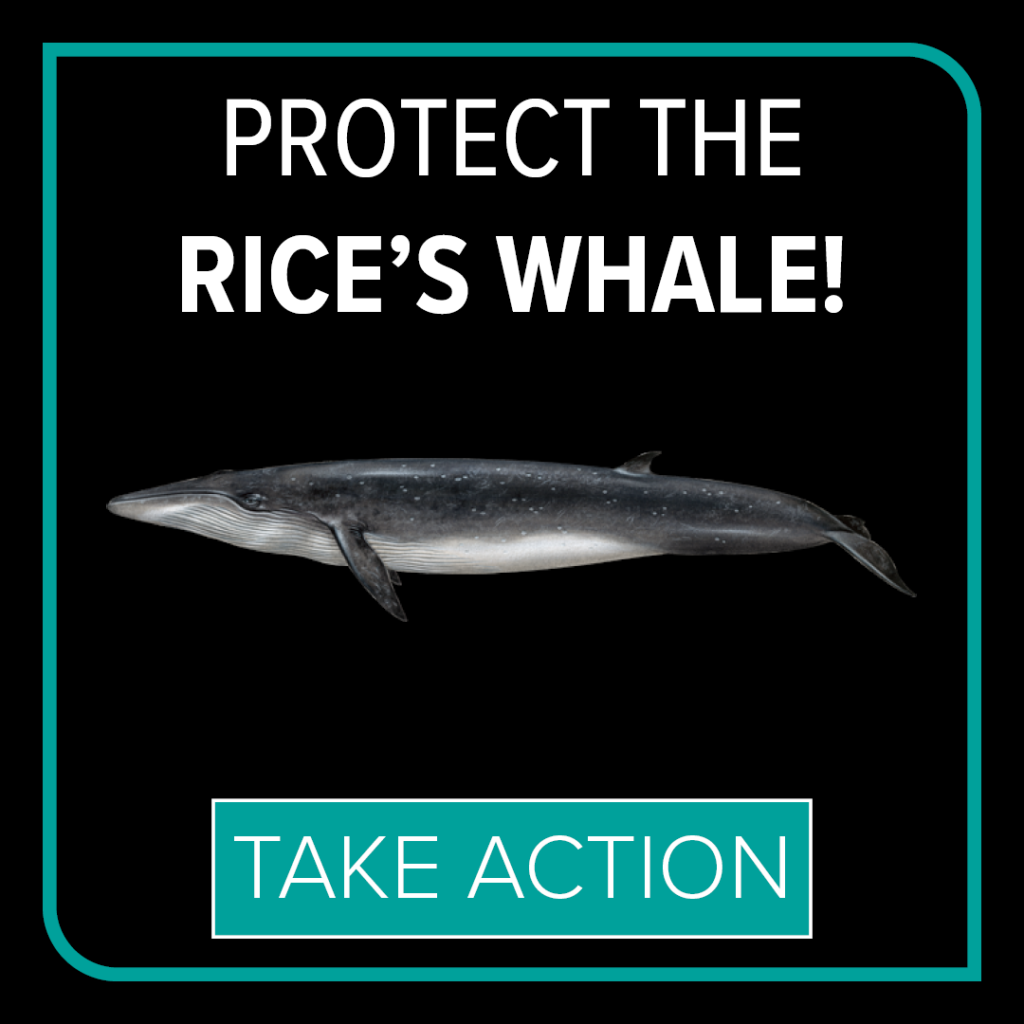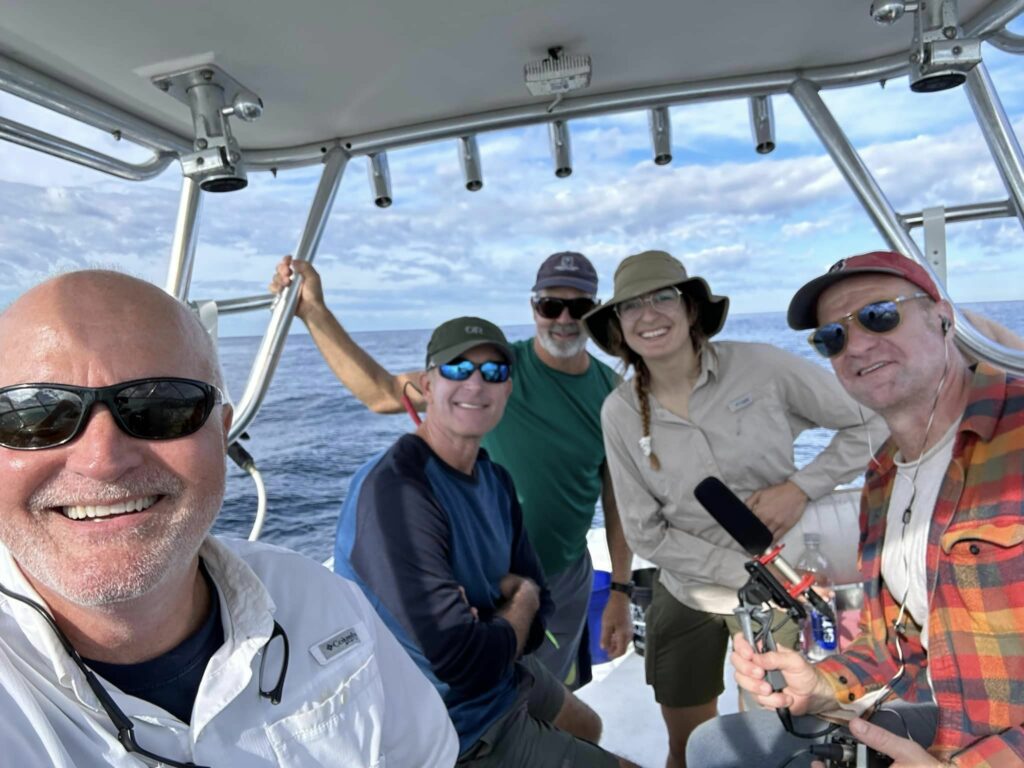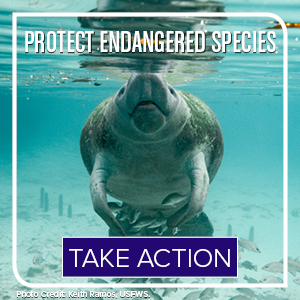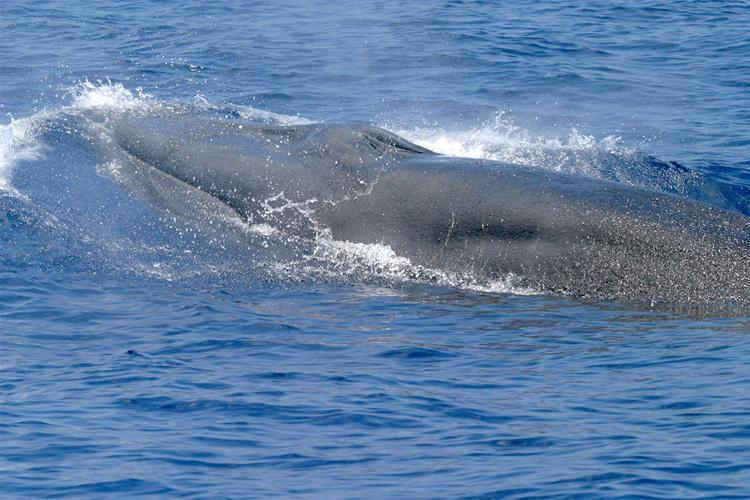
Protecting the Rice’s whale
Gulf Coast Whale Festival
Join us in Pensacola Beach for the return of the Gulf Coast Whale Festival
Join us Saturday, April 12 from 9 am – 3 pm for the Gulf Coast Whale Festival on Pensacola Beach for music, activities, and community as we celebrate the Rice’s whale and other amazing animals that call the Gulf home.
See you there!
The Gulf of Mexico’s newest whale is critically endangered. We must act quickly to keep this whale from going extinct.
We’re pushing officials at the National Oceanic and Atmospheric Administration (NOAA) to act to protect the Rice’s whale by enacting speed restrictions on vessels traversing whale habitat. This measure is the most effective short-term step that can help protect the whales, which are in imminent danger of extinction.
Let your voice be heard
The Problem
There may be fewer than 50 rice’s whales in the gulf of mexico off of florida’s shores.
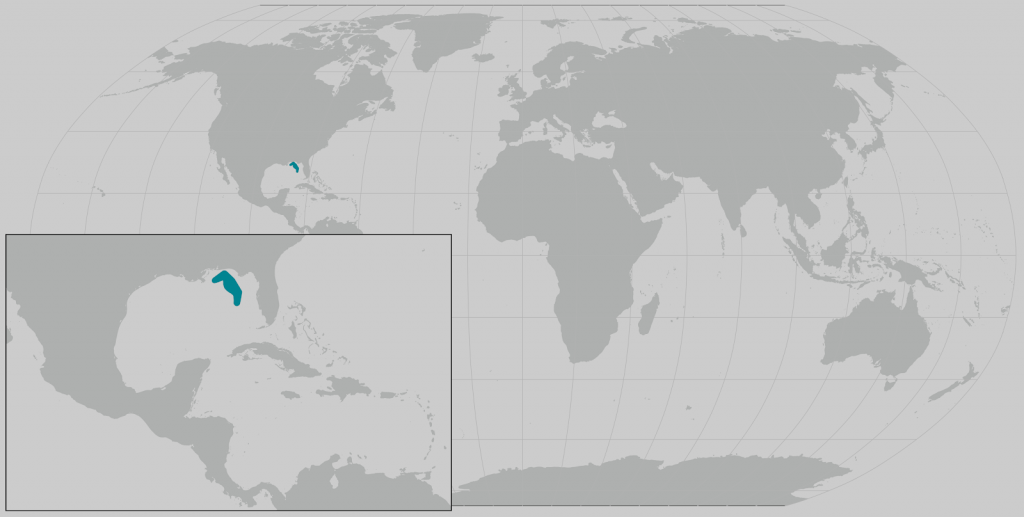
Researchers made a new discovery – what was once thought to be a sub-population of the Bryde’s whale in the Gulf of Mexico, is really a unique species of baleen whale—now named Rice’s Whale. There may be fewer than 50 Rice’s whales (recent estimates range from 26 to 44 remain), making them one of the most critically endangered whales in the world.
Little is known about this whale. They can grow up to 42 feet long and can weigh as much as 30 tons. They are filter-feeding baleen whales, but unlike their cousins, Bryde’s whales, they dive deep and feed near the seabed. Rice’s whales generally remain in the deep waters of the Desoto Canyon in the Northeastern Gulf of Mexico, off of Florida.
The BP disaster affected about 48% of their habitat and killed 17% of their populations. In 2019, they were listed under the Endangered Species Act (ESA) when it was thought that they were a sub-population of Bryde’s whales. Although their name and species will change, their status as endangered will not.
The National Marine Fisheries Service (NMFS) found that the species was endangered due to its small population size and restricted range, and numerous threats posed by man’s activities in their habitat. Their greatest threats are ship strikes, ocean noise, energy exploration and development, oil spills, and entanglement in fishing gear and ocean debris. NMFS was required under the ESA to designate critical habitat for the Rice’s whale within a year of it being designated as endangered, but they have not done so. As a result, no action has been taken to reduce harm to the Rice’s whale or its habitat, possibly reducing its odds of survival.
The Opportunity
First, the National Marine Fisheries Service (NMFS) must designate critical habitat in the Gulf and develop a recovery plan that addresses current threats to the whale.
Second, NMFS must immediately implement measures to protect the whales, including:
- Establish a Vessel Strike Avoidance Zone covering the Rice’s whales core habitat, that at minimum:
- Imposes a ten-knot speed limit for all vessels traveling through the area;
- Requires all vessel operators to make every effort to avoid traveling through the Vessel Slowdown Zone at night or in low visibility conditions;
- Maintains a minimum separation distance of 500 meters from Rice’s whales; and
- Has visual observers monitor the vessel while in the Strike Avoidance Zone.
- Limit or stop seismic surveys within the listening range of the whales core habitat;
- Restrict or prohibit oil and gas exploration and development near the whale’s core habitat;
- Modify fishing activity with the whale’s core habitat.
To save the Rice’s whale, we must take swift action to protect their habitat. Action to remove or reduce threats to the whale’s primary habitat is crucial.
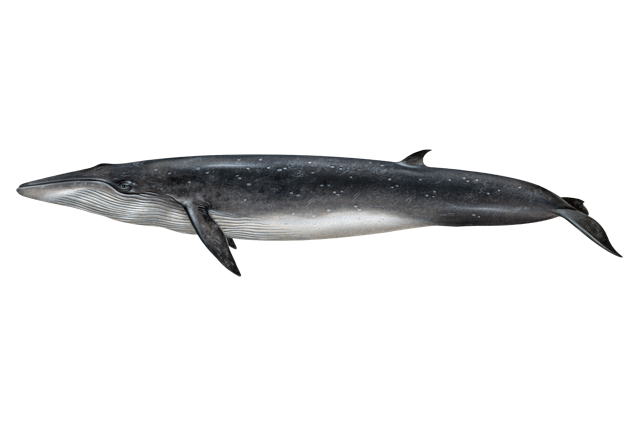
What Healthy Gulf Members Are Doing
Healthy Gulf continues to be a leader in the Fight to save the Rice’s Whale.
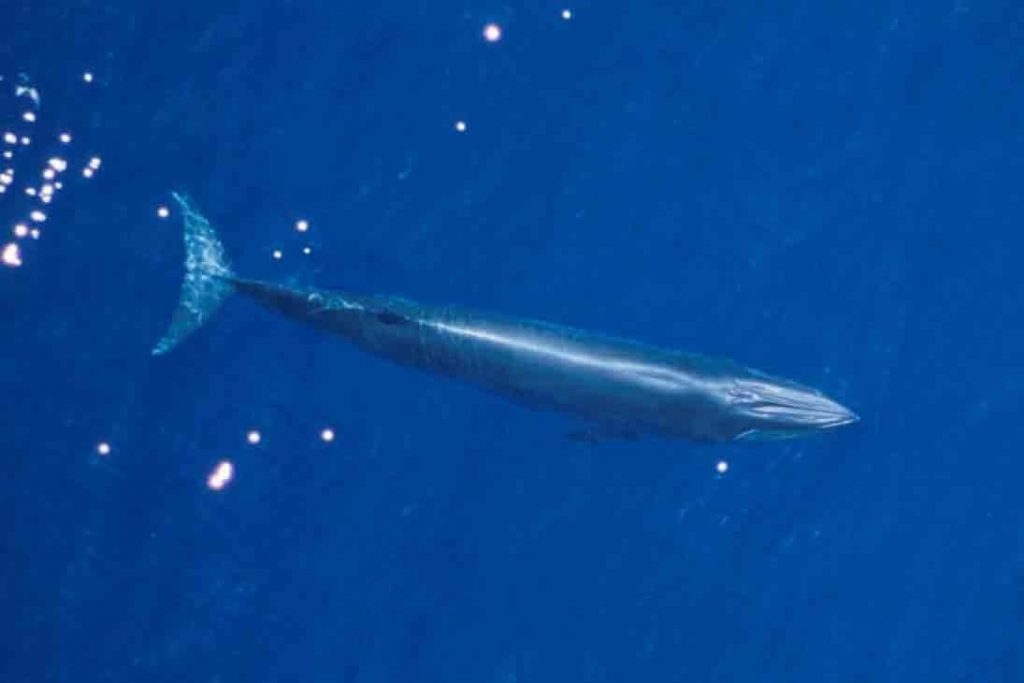
Healthy Gulf members sent thousands of comment letters demanding action to list the Rice’s whale under the Endangered Species Act to provide the necessary protection to save this species (then known as the Gulf of Mexico Bryde’s whale).
When the federal government failed to act in a timely manner to list the whale as endangered, Healthy Gulf took them to court resulting in the listing of the whale in 2019.
Now, Healthy Gulf members are demanding that the the National Marine Fisheries Services designate critical habitat in the Gulf and develop a recovery plan that addresses current threats to the whale. We are asking for vessel speed restrictions that will give these whales immediate protection from vessel strikes.
WHAT YOU CAN DO
The critically-endangered Rice’s whale is struggling to survive in an industrialized Gulf of Mexico. The Endangered Species Act provides a thorough process for protecting the whales, and it must be kept free of political interference.
Let Congress know that you support measures to protect the Rice’s whale from extinction. Please take action now.
RELATED NEWS
Endangered Rice’s whale is a key part of a healthy Gulf
Great.com interviews Healthy Gulf about working with local communities to protect the Gulf of Mexico
Emil Ekvardt from Great.com interviewed Healthy Gulf as part of their ‘Great.com Talks With…’ podcast….
Endangered species under attack by Trump Administration
Bald eagles, Gulf of Mexico Bryde’s whales, and Louisiana black bears are just some of…

